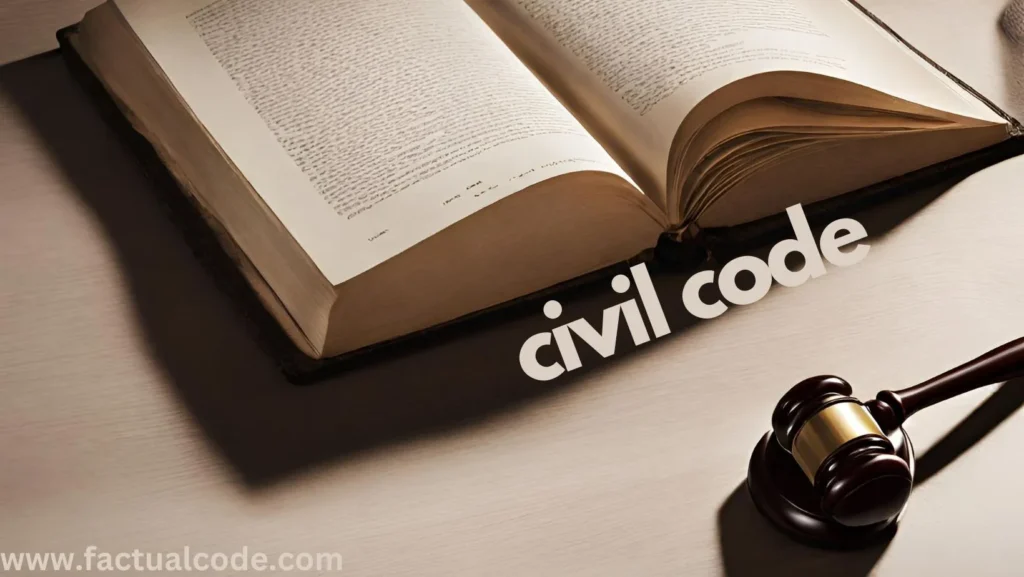Introduction
The doctrine of audi alteram partem (“hear the other side”) forms a cornerstone of natural justice, ensuring that both litigants in a legal dispute are given a fair opportunity to be heard. Nevertheless, the judicial system recognizes situations where one party may remain absent despite due notice, necessitating the issuance of an ex parte decree. While legally binding, ex parte decrees are subject to multiple safeguards to protect the absent defendant’s interests.
This comprehensive analysis explores the legal framework governing ex parte decrees under the Code of Civil Procedure, 1908 (CPC), elucidates the grounds for their issuance, and examines the remedial measures available to affected defendants, supplemented by critical judicial interpretations.
Definition and Legal Framework
Definition
An ex parte decree is a judicial ruling issued in favor of the plaintiff when the defendant, despite being duly served with notice, fails to appear before the court.
Relevant Provisions in CPC
The CPC outlines a robust legal framework for ex parte decrees and their remedies through the following provisions:
Order IX Rule 6 CPC: Authorizes the court to proceed ex parte when the defendant does not appear.
Order IX Rule 13 CPC: Provides for setting aside an ex parte decree if summonses were improperly served or if sufficient cause prevented the defendant’s attendance.
Section 96(2) CPC: Enables appeals against ex parte decrees.
Section 114 CPC: Allows for review of decrees.
Section 115 CPC: Grants the High Court revisionary jurisdiction.
Grounds for Passing an Ex Parte Decree
1. Proper Service of Summons
The plaintiff must demonstrate that summonses were served as per procedural requirements, including personal service, registered post acknowledgment, or substituted service in accordance with Order V Rule 20 CPC.
2. Defendant’s Non-Appearance
A court may proceed ex parte if the defendant provides no satisfactory explanation for their absence on the scheduled hearing date.
3. Judicial Scrutiny
Before issuing an ex parte decree, the court must:
Evaluate the plaintiff’s evidence to ensure its sufficiency.
Verify procedural compliance concerning service of summonses.
Remedies Against an Ex Parte Decree
The CPC offers several avenues for defendants seeking to challenge ex parte decrees:
1. Application to Set Aside the Decree (Order IX Rule 13 CPC)
Defendants may file an application to set aside an ex parte decree on grounds such as:
Improper Service of Summons: Failure to duly serve the defendant can invalidate the decree.
Sufficient Cause for Non-Appearance: Demonstration of genuine and unavoidable circumstances preventing appearance, such as medical emergencies.
Procedure:
Filing the Application: The application must be filed within 30 days from the date of knowledge of the decree.
Hearing and Evidence: The court examines the evidence and reasons presented by the defendant.
Notice Requirement: Notice of the application must be served to the opposing party.
Outcome: If the court is convinced, the decree is set aside, and a fresh hearing is scheduled.
2. Appeal Under Section 96(2) CPC
An appeal may be filed before a higher court challenging the validity of an ex parte decree. The appellate court assesses both procedural and substantive errors and may reverse or modify the decree.
3. Review (Section 114 and Order XLVII Rule 1 CPC)
A review application can be filed under the following circumstances:
Discovery of New Evidence: Previously unavailable evidence relevant to the case.
Manifest Error: Clear errors apparent on the record.
Other Sufficient Reasons: Any additional compelling grounds.
4. Revision (Section 115 CPC)
In cases where an appeal is not viable, the High Court may exercise its revisionary jurisdiction to address jurisdictional or procedural errors.
5. Suit on the Grounds of Fraud
A separate suit can be instituted if the defendant proves that the ex parte decree was obtained through fraudulent means.
Judicial Interpretations and Case Law
1. Bhanu Kumar Jain v. Archana Kumar & Anr (2004)
The Supreme Court held that an ex parte decree is voidable if the defendant can demonstrate sufficient cause for their non-appearance.
2. Parimal v. Veena @ Bharti (2011)
The Court emphasized that “sufficient cause” must be genuine and not indicative of negligence or disregard for judicial processes.
3. G.P. Srivastava v. Shri R.K. Raizada & Ors. (2000)
This decision underscored the importance of procedural justice, advocating for leniency when defendants present valid reasons for their absence.
4. New Bank of India v. M/S Marvels (India) (2001)
The Court reiterated the principle that technicalities should not obstruct substantive justice, emphasizing the need for procedural fairness.
Conclusion
Ex parte decrees play a pivotal role in ensuring judicial efficiency by preventing unnecessary delays in civil litigation. However, the CPC balances this necessity with the protection of defendants’ rights through comprehensive remedial measures, including applications to set aside decrees, appeals, reviews, and revisions. The interplay between procedural expediency and the preservation of justice underscores the dynamic nature of civil procedure in India, making it imperative for legal scholars and practitioners to grasp the nuances of these provisions and judicial precedents.
💡 Pro Tip: An ex parte decree can have serious implications for the absent party. To understand the remedies available and how to challenge such decrees, dive into our guide on How to Read CPC (Code of Civil Procedure, 1908).

